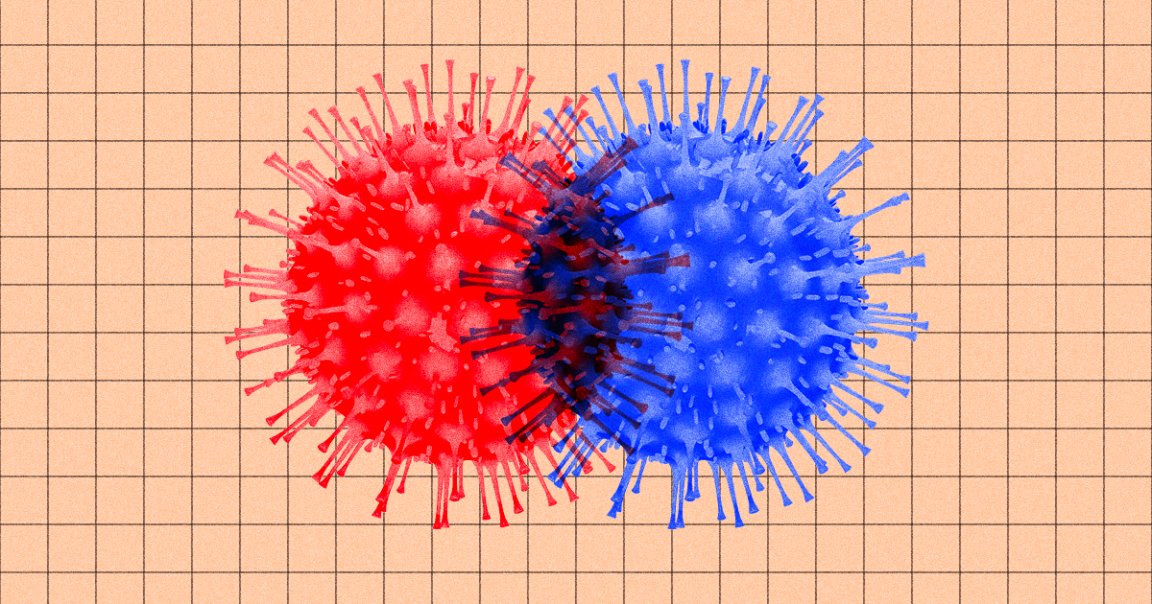
As various mutated forms of the coronavirus emerged, experts — and the rest of us — were left wondering what it all meant for the push to get everyone vaccinated as soon as possible.
We’ve known for months that spike protein mutations found in common new variants made the coronavirus more infectious and easier to spread, but it was less obvious whether they would still be blocked by the COVID-19 vaccines we have today. For many of the strains, like the B.1.1.7 variant first spotted in the UK, we should be just fine. But Business Insider reports that one variant in particular has experts seriously concerned.
There’s still a lot that experts don’t know about how the vaccines protect against the numerous variants. But based on the data that we do have, including research published last week in the journal Nature, the B.1.351 variant first identified in South Africa does seem to represent a serious thorn in the side of the ongoing vaccination effort.
In that new study, blood samples from people with the Pfizer vaccine had 10 times fewer antibodies capable of neutralizing the South African B.1.351 variant than against the original, unmutated SARS-CoV-2 coronavirus. Blood samples from people with Moderna’s vaccine had 12 times fewer variant-neutralizing antibodies.
Antibody neutralization isn’t always a perfect measure for vaccine efficacy, but in this case it seems to be a reasonable proxy — making this an alarming discovery. It suggests, Business Insider notes, that even those who have already been fully vaccinated may be more vulnerable to the mutated coronavirus. To help stave off the new variants, both Pfizer and Moderna plan to develop booster shots that specifically target new strains, and especially B.1.351.
Until those are ready, however, it looks like we’ll need to keep hunkering down.